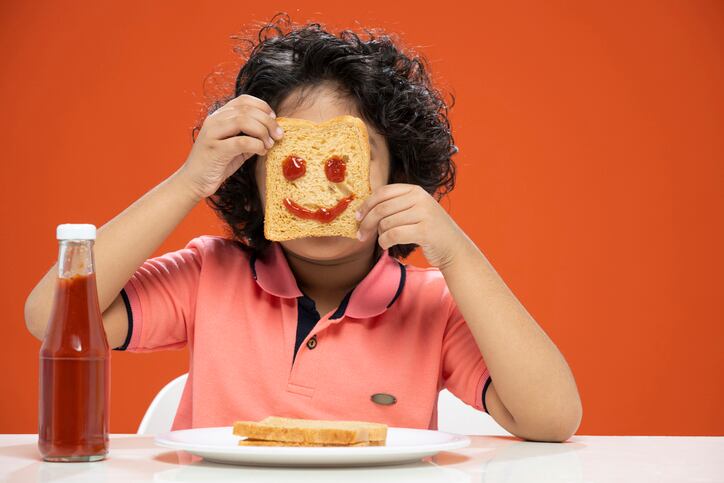Researchers reviewed the regulatory environment in India for advertising HFSS foods and non-alcoholic beverages. They found that there were key shortfalls that need to be addressed to protect children against HFSS marketing.
“A robust regulatory framework is needed to protect children from HFSS food marketing, not just what is ‘directed’ at them, with clear evidence-based food classification criteria,” said researchers in The Lancet Regional Health – Southeast Asia.
“Young children and adolescents are particularly vulnerable to HFSS food marketing as they lack cognitive ability to discern the commercial intent.”
India is a signatory to the UN Convention on the Rights of the Child and therefore has a legal obligation to ensure all children have the right to health. However, academics say there are worrying trends that suggest India needs to develop a more robust regulatory framework to protect children from HFSS food marketing.
An average Indian household derives more calories from processed foods than fruits.
And researchers argue that the marketing of HFSS foods negatively affects consumption patterns, particularly of young children, leading to increased lifetime risks of weight gain, overweight, obesity, and non-communicable diseases.
Additionally, with the advent of technology, children are hooked to social networking sites and are exposed to HFSS advertising.
Therefore, to access the effectiveness of India’s policies in safeguarding children against HFSS advertisements, researchers reviewed all potential media avenues for marketing, such as the TV, radio, internet, and billboards. They also conducted a Google search between February and July 2022 to identify nine mandatory national-level policies.
Then, a SWOT (Strengths, Weaknesses, Opportunities, and Threats) analysis was performed to determine how existing policies could be strengthened to safeguard children from unhealthy food advertisements:
Strengths: What are the positive attributes or key features of the policy that restrict the advertisements?
Weaknesses: What are the shortcomings in the policy concerning HFSS food and beverage advertisements?
Opportunities: How can the existing policy be strengthened to restrict the advertisements of HFSS food and non-beverages to children?
Threats: What are the external conditions that my promote HFSS advertisements to children?
“Of the nine mandatory policies, Guidelines for Prevention of Misleading Advertisements and Endorsements for Misleading Advertisements, 2022, is the only policy that restricts HFSS food advertisements to children across all media,” said the researchers.
Based on their findings, the researchers recommended ways to plug regulatory gaps: (1) Broaden the regulatory scope from ‘child-directed’ advertising to all advertising that children are exposed to. (2) Adopt food classification systems for defining junk foods. (3) Expand the regulatory scope to include other forms of commercial communication, such as product placement, point-of-purchase displays, and packaging. (4) Restrict HFSS advertisements from being displayed on TV during periods where child viewership is the highest.
The researchers emphasised that they used comprehensive and well-established methods for this study and highlighted the practical application of their findings to policymaking in India. However, they acknowledged that they might have missed relevant policies that were not available online and/or were adopted at the sub-national level in India.
“Robust regulation, strengthening legal measures and further research will play a pivotal role in protecting children from the harmful impacts of these marketing activities in India,” the researchers concluded.
Source: The Lancet Regional Health – Southeast Asia
DOI: 10.1016/j.lansea.2023.100315
“Are advertising policies affirmative in restricting the marketing of foods high in fat, salt and sugar (HFSS) in India?: evidence from SWOT Analysis”
Authors: Shalini Bassi, Deepika Bahl et al.
We will be taking a closer look at Food and Nutra for Kids in our Growth Asia Summit 2024 this coming July, which will feature insights from a wide range of industry leaders and experts. Don't miss out – register here today!



